Do you invest in cryptocurrency? Great! Have you ever wondered what the best practises are to keep to make sure your assets are invulnerable? This is exactly what we are going to discuss in this blog post - one of the safest methods to keep your cryptocurrency safe and secure, hardware wallets.
A brief about how crypto-tokens work
Crypto-tokens are decentralised digital assets that are stored on and authenticated by blockchain technology. #HYPERLINK# All blockchain backed technologies, like cryptocurrency, tokens, NFTs, Smart Contracts, DeFi are managed by and stored on the network and can be interacted with by a wallet that holds a collection of public & private key pairs that are unique.
Private Key : A random number between 1 and 2256 in hexadecimal format, which are used to sign transactions on the blockchain in order to prove ownership of an asset. The private key can encrypt and decrypt the data or piece of information on the blockchain.
Public Key : A cryptographic piece of information, usually consisting of a string of numbers/letters that are derived from private keys. Public keys are be extracted from private keys but not vice-versa.
Private and Public Key pairs can decrypt data that has previously been encrypted by the other corresponding key.
This allows public keys to become your address, like your bank account number and private keys is your way of proving that you own the address since you’re the only one who can decrypt it.

How bitcoin is “transferred” on the blockchain
Bitcoin is not actually held inside a wallet, they are tokens that have been created that can be encrypted by a key.
Therefore if a bitcoin has been encrypted by your public key, it can only be decrypted by your private key to make a transaction.

Photo credit : alt5pro.com
Note : Everyone can generate an unlimited number of these public and private key pairs right on their computers, completely offline. The blockchain does not actually track all addresses that can exist, just ones who have funds being held with.
Wallets
A Wallet is essentially hashed versions of the public key. Public keys are compressed and shortened to make it easier to send an address.
Types of wallets
There are three types of crypto wallets - hardware, software and paper wallets. Based on their workings they are further classified as cold and hot wallets.
Software-based wallets are handier and easy to use for multiple daily transactions.
Hardware wallets are more secure and reliable.
Paper wallets are now outdated and mostly used only as a backup.
Wallets do not store cryptocurrency but only act as a tool to interact with the blockchain, i.e., generating the necessary information to receive and send money via blockchain transactions.
Necessity of owning a hardware wallet
“Not your keys-Not your Crypto”
Is a famous phrase among the blockchain community and originates from the truth that if you are using a centralised platform or exchange you are not actual the one holding your funds but the platform is. In case the platform suddenly goes out of business or the people running the platform decide to act in bad faith, there's nothing you could do about it.
Software wallets solve a lot of the doubts and mistrust from using a platform, but they can be vulnerable to theft, since private keys are stored on a device that is perpetually connected to the internet, like a mobile phone, in case of a hack these private keys can be extracted, leaving the assets at risk.
Hardware wallets are the best solution so far to solve both the problems, you not only have all the control over your funds, but also you have an extra layer of security by having a separate physical device that is necessary to interact with your account.
In case of loss or misplace of wallet, the process of recovery is also very simple - you basically use a new wallet and enter your recovery phrase (that may contain 12, 24, or 48 words). Most wallets (hardware and software) are cross compatible since they use a standard format for key storage.
A hardware wallet is generally best suited for a person who plans to hold crypto assets for a long period of time and do not use all their funds for multiple daily transactions or trades. Therefore, using a combination of a hardware and software wallet may be a great solution for many.


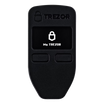
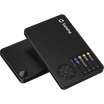
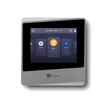

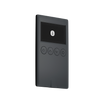
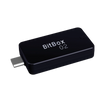
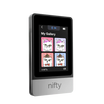





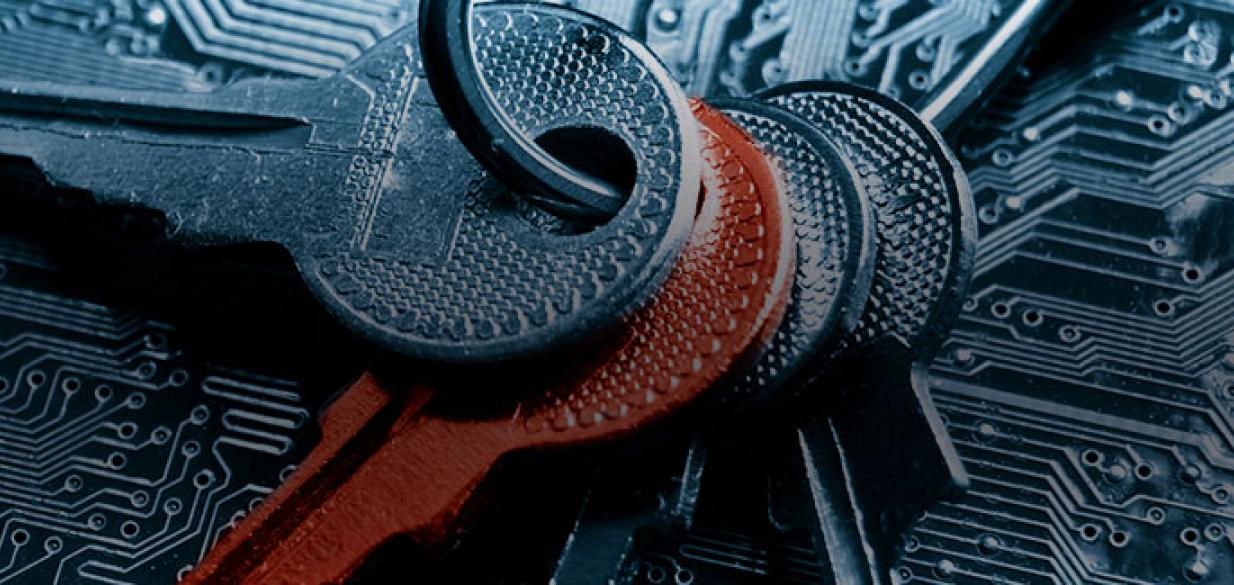


Leave a comment
This site is protected by hCaptcha and the hCaptcha Privacy Policy and Terms of Service apply.